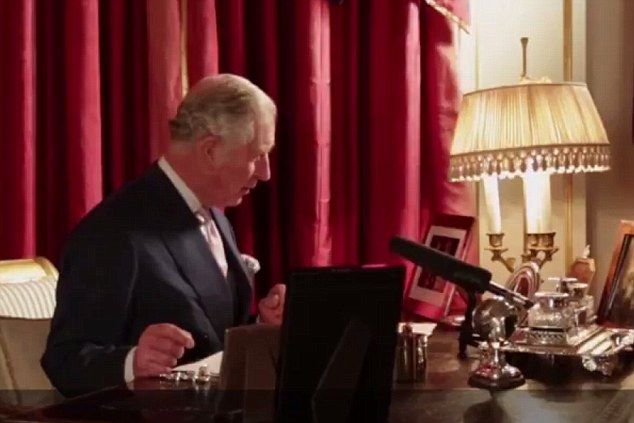
In London recently I met a Jesuit priest from Syria. He gave me a graphic account of what life is like for those Christians he was forced to leave behind.
He told me of mass kidnappings in parts of Syria and Iraq and how he feared that Christians will be driven en-masse out of lands described in the Bible. He thought it quite possible there will be no Christians in Iraq within five years.
Clearly, for such people, religious freedom is a daily, stark choice between life and death. The scale of religious persecution around the world is not widely appreciated.
Nor is it limited to Christians in the troubled regions of the Middle East. A recent report suggests that attacks are increasing on Yazidis, Jews, Ahmadis, Bahais and many other minority faiths.
And in some countries even more insidious forms of extremism have recently surfaced, which aim to eliminate all types of religious diversity.
We are also struggling to capture the immensity of the ripple effect of such persecution.
According to the United Nations, 5.8 million more people abandoned their homes in 2015 than the year before, bringing the annual total to a staggering 65.3 million. That is almost equivalent to the entire population of the United Kingdom.
Related: Will Prince Charles Risk Making Camilla His Queen?
And the suffering doesn't end when they arrive seeking refuge in a foreign land. We are now seeing the rise of many populist groups across the world that are increasingly aggressive toward those who adhere to minority faiths.
All of this has deeply disturbing echoes of the dark days of the 1930s. I was born in 1948, just after the end of World War II, in which my parents' generation had fought, and died, in a battle against intolerance, monstrous extremism and an inhuman attempt to exterminate the Jewish population of Europe.
That, nearly 70 years later, we should still be seeing such evil persecution is, to me, beyond all belief. We owe it to those who suffered and died so horribly not to repeat the horrors of the past.
Normally at Christmas we think of the birth of Our Lord Jesus Christ. I wonder, though, if this year we might remember how the story of the Nativity unfolds, with the fleeing of the Holy Family to escape violent persecution.
And we might also remember that when the Prophet Mohammed migrated from Mecca to Medina, he did so because he, too, was seeking the freedom for himself and his followers to worship.
Whichever religious path we follow, the destination is the same: to value and respect the other person, accepting their right to live out their peaceful response to the love of God.
That's what I saw when attending the consecration of the Syriac Orthodox Cathedral in London recently. Here were a people persecuted for their religion in their own country, but finding refuge in another land and freedom to practice their faith according to their conscience.
It is an example to inspire us all this Christmastime.
Charles, Prince of Wales, is the heir to the British throne.
Uncommon Knowledge
Newsweek is committed to challenging conventional wisdom and finding connections in the search for common ground.
Newsweek is committed to challenging conventional wisdom and finding connections in the search for common ground.
About the writer
To read how Newsweek uses AI as a newsroom tool, Click here.








